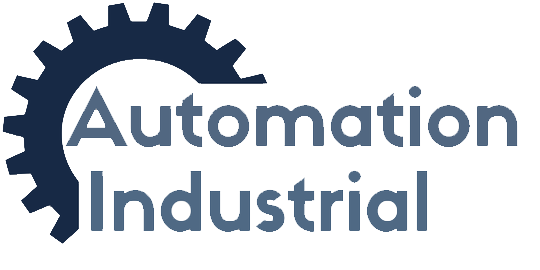Industrial Systems Drive Control: The Heartbeat of Modern Automation
Author: Nicholas Jones
Tags: Automation, Drives, Industry
Date: 1/23/24
In the intricate world of industrial automation, drive control systems play a crucial role in ensuring the seamless operation of machinery. These systems, often considered the heartbeat of modern manufacturing and processing plants, are responsible for the precise control of motor speed, torque, and position. This comprehensive exploration delves into the purpose and significance of drive control in various industrial systems, highlighting its critical role in enhancing productivity, efficiency, and safety.
The Core Function of Drive Control
The primary function of drive control systems in industrial settings is to regulate the operation of electric motors, which are the driving force behind most machinery. These systems allow for fine-tuned control over motor speed and torque, adapting to the specific demands of different applications. Whether it’s controlling a conveyor belt, a pump, or a complex robotic arm, drive control systems ensure that these motors operate optimally, delivering the right amount of power at the right time.
Enhancing Productivity and Efficiency
One of the key purposes of drive control in industrial systems is to enhance productivity. By precisely controlling motor speed and torque, drive systems ensure that machinery operates at peak efficiency. This precise control not only maximizes output but also minimizes wear and tear on equipment, extending its lifespan and reducing maintenance costs.
In processes like assembly lines or packaging operations, drive control systems synchronize the movement of various components, ensuring smooth and efficient production. This synchronization is crucial in maintaining consistent quality and throughput.
Energy Conservation and Cost Savings
Drive control systems are instrumental in energy conservation. Traditional motor operations, where motors run at full speed regardless of the load, lead to significant energy wastage. Variable speed drives, a common type of drive control system, adjust the motor speed according to the load requirements, significantly reducing energy consumption.
The impact of these systems on energy efficiency is profound, especially in industries where motors are a primary energy consumer. By optimizing motor performance, drive control systems lead to substantial cost savings and contribute to more sustainable manufacturing practices.
Safety and Compliance
In industrial environments, safety is paramount. Drive control systems contribute to workplace safety by providing precise control over machinery, reducing the risk of accidents. They include safety features like emergency stop functions, speed limits, and overload protection, ensuring that machinery operates within safe parameters.
Additionally, drive control systems help industries comply with regulatory standards. In sectors like food and beverage or pharmaceuticals, maintaining consistent environmental conditions is critical. Drive systems ensure that ventilation, heating, and cooling systems operate precisely, maintaining the required conditions.
Customization and Flexibility
Modern industrial systems demand customization and flexibility, and drive control systems deliver on this front. They can be programmed to suit specific operational needs, accommodating a wide range of applications. This flexibility is key in industries that require frequent process changes or produce a variety of products.
With advancements in technology, drive control systems have become more adaptable and user-friendly. Modern systems include intuitive interfaces and programmable settings, allowing operators to easily customize and adjust operations as needed.
Integration with Advanced Technologies
Drive control systems are increasingly integrating with advanced technologies like the Internet of Things (IoT), Artificial Intelligence (AI), and cloud computing. This integration enables smarter operations, with systems capable of self-diagnosis, predictive maintenance, and real-time optimization.
In smart factories, drive control systems are part of a larger network of connected devices. They communicate with other systems, sharing data and making autonomous decisions, leading to more efficient and intelligent operations.
The Future of Drive Control in Industrial Systems
Looking ahead, the future of drive control in industrial systems is poised for further innovation. The integration of AI and machine learning algorithms is expected to make these systems even more intelligent, capable of learning from past operations and optimizing performance. The ongoing development of more energy-efficient and compact drives will continue to push the boundaries of what is possible in industrial automation.
Conclusion
Drive control systems are an integral part of modern industrial operations, playing a crucial role in enhancing productivity, efficiency, and safety. They bring precision, energy conservation, and flexibility to the operation of machinery, adapting to the ever-changing demands of industrial processes. As technology continues to advance, the importance of drive control in ensuring the smooth, efficient, and safe operation of industrial systems will only grow. These systems, evolving with the latest technological advancements, are set to continue driving innovation and efficiency in the industrial sector, shaping the future of manufacturing and processing in an increasingly automated world.
